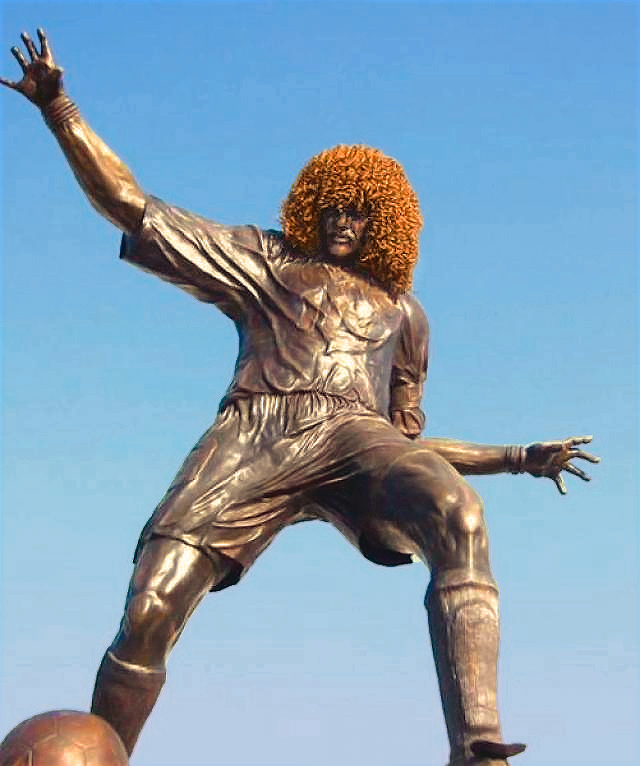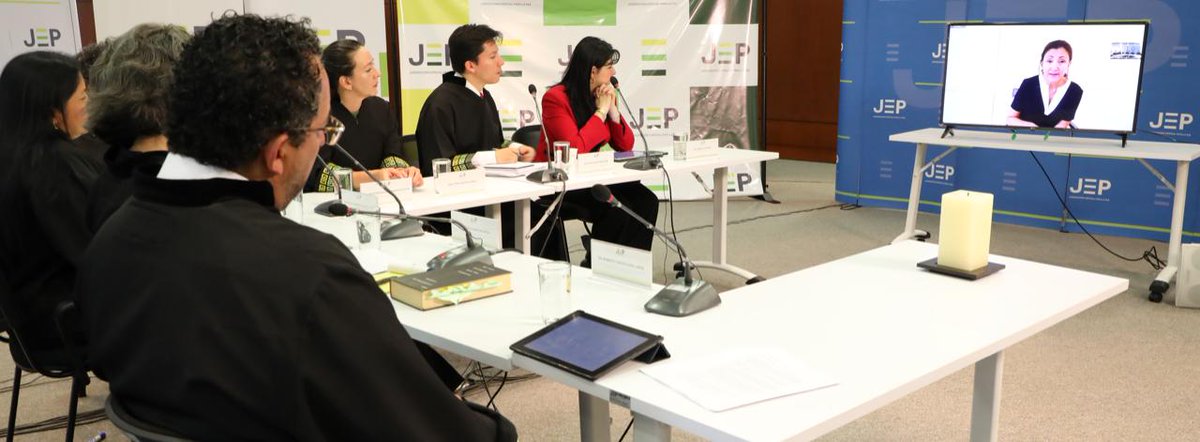 When a nation like Qatar buys the World Cup, the question isn’t whether FIFA is dirty. It’s whether the football body can ever be clean
When a nation like Qatar buys the World Cup, the question isn’t whether FIFA is dirty. It’s whether the football body can ever be clean
“I can’t even look at it!” Debora yells, her back to the shiny new $420 million USD stadium in Sao Paolo where the opening ceremony of the World Cup took place last week.
In front of her are her three children; together they are squatters in an abandoned concrete block, once a construction site, now a home for drug addicts, pimps and prostitutes, and families like hers. “Every one of those seats could be a house to take a family out of the favela!” she says.
This is the introduction to the third BBC program in two nights about Brazil, and none of them were about samba, soccer or beaches.
On the eve of the 20th FIFA World Cup, the second to be hosted in Brazil, the golden trophy might be said to be as guilt-laden as it ever has been. Last year’s protests during the warm-up Confederations Cup event – neatly summarised by the prominent placard slogan “first world stadia, third world schools & hospitals” – showed the whole world that Brazilians were not as easily placated by the gift of a football tournament as their government patronisingly assumed.
| Instead of big, shiny luxuries, the protesters wanted basics: better standards of public services for everyone. |
Instead of big, shiny luxuries, the protesters wanted basics: better standards of public services for everyone. While Brazil’s players won the cup on the pitch, Brazil’s people tempered the legend of its football obsession: it’s not a matter of life and death, it’s much less important than that.
Going into the main event, the protests are expected to return, though how big and how persistent they’ll be remains to be seen. Meanwhile, on the cusp of its only real job – the organisation of a World Cup every four years – FIFA has another major distraction to deal with: the next tournament.
New evidence uncovered by British newspaper The Sunday Times points incontrovertibly at a systematic campaign of bribery led by former FIFA Vice-President Mohammed Bin Hammam of Qatar with the aim of persuading worldwide football administrators to support his country’s bid to host the 2022 World Cup.
Qatar claimed Bin Hammam wasn’t working for them, so the next issue of the Sunday Times explained in detail how he clearly was. Bin Hammam, Blatter and dozens of other officials could accuse the Sunday Times of defamation, but not one of them will dare take the Times to court over it, because “truth” is a complete defence and they all know they would lose such a legal action.
Even FIFA’s Secretary General Jerome Valcke, the organisation’s second most powerful man, said Qatar had “bought the World Cup,” before hastily backtracking that, in fact, his leaked email had been “misinterpreted.” Now, with a crime so obviously committed, the evidence has been uncovered.
| Brazilians were not as easily placated by the gift of a football tournament as their government patronisingly assumed |
So it’s a shame that Bin Hammam won’t sue the Sunday Times and that there is no other independent authority to adjudicate. FIFA have employed an American lawyer named Michael Garcia to investigate various allegations, but he showed no interest in the new evidence, did not interview Bin Hammam, and can’t be expected to convict his paymasters. UEFA boss Michel Platini, who himself voted for Qatar, said “If instances of corruption are proved, there will need to be a new vote and sanctions,” but who can or will declare that the burden of proof has easily been satisfied? Until an appropriate judge can be found, Blatter, Valcke and Platini can repeat “not proven” for the next eight years.
My country, Scotland, decided long ago to boycott the World Cup in disgust at FIFA’s rampant mismanagement, but the truth is that most football fans don’t really care. Andrew Jennings’ astonishing expose of FIFA corruption, Foul!, seems to have a new allegation on every page – and it has 400 pages – but it’s hardly a best-seller.
And, with a bid process as open to corruption as the Qatar evidence shows, is it even plausible that other World Cups have been awarded cleanly? The 2018 tournament will be held in Russia. This year’s tournament was organised by Brazilian FA boss Ricardo Teixeira, who a Swiss court last year confirmed had received millions of dollars in bribes over World Cup TV rights. The questions is not whether these tournaments are dirty, it’s whether they could possibly be clean.
The difference with Qatar is that it’s not a plausible host, for practical reasons, and also because it has no football culture and therefore can’t possibly appreciate the honour. Of course Brazil is an appropriate place to host a World Cup, and Russia is too: these countries are a part of the game’s history. But we football fans only get to enjoy this extravaganza every four years and we don’t want one wasted in a country with no love for the game.
Corruption? White elephant stadia? Poverty and inequality? Dead construction workers? Exhausting heat? These are all serious issues, but we don’t have to look to the future to find them.
Ally Brown is an English language teacher in Bogota working at Universidad Externado Law Department. This month he can be identified by his kilt and El Pibe wig.


